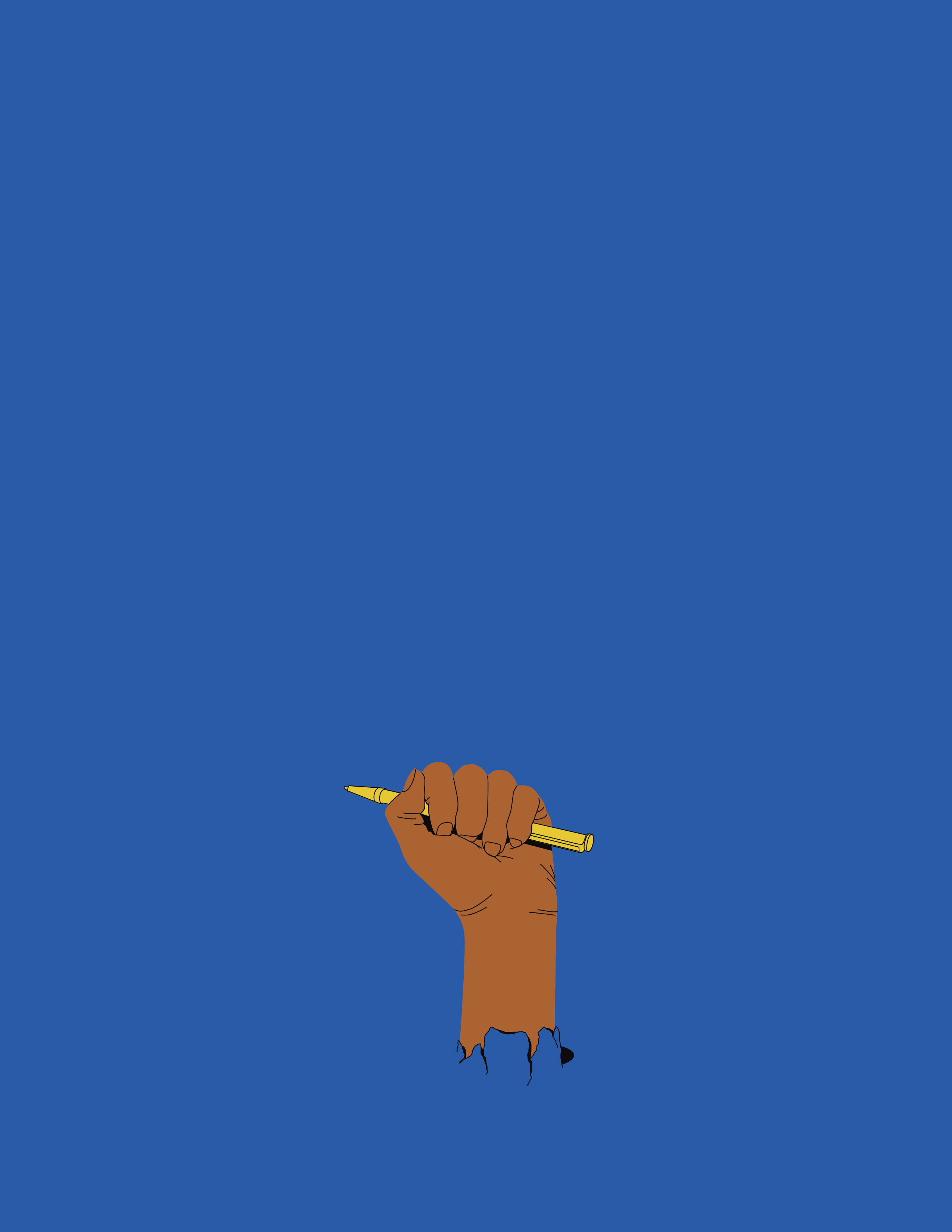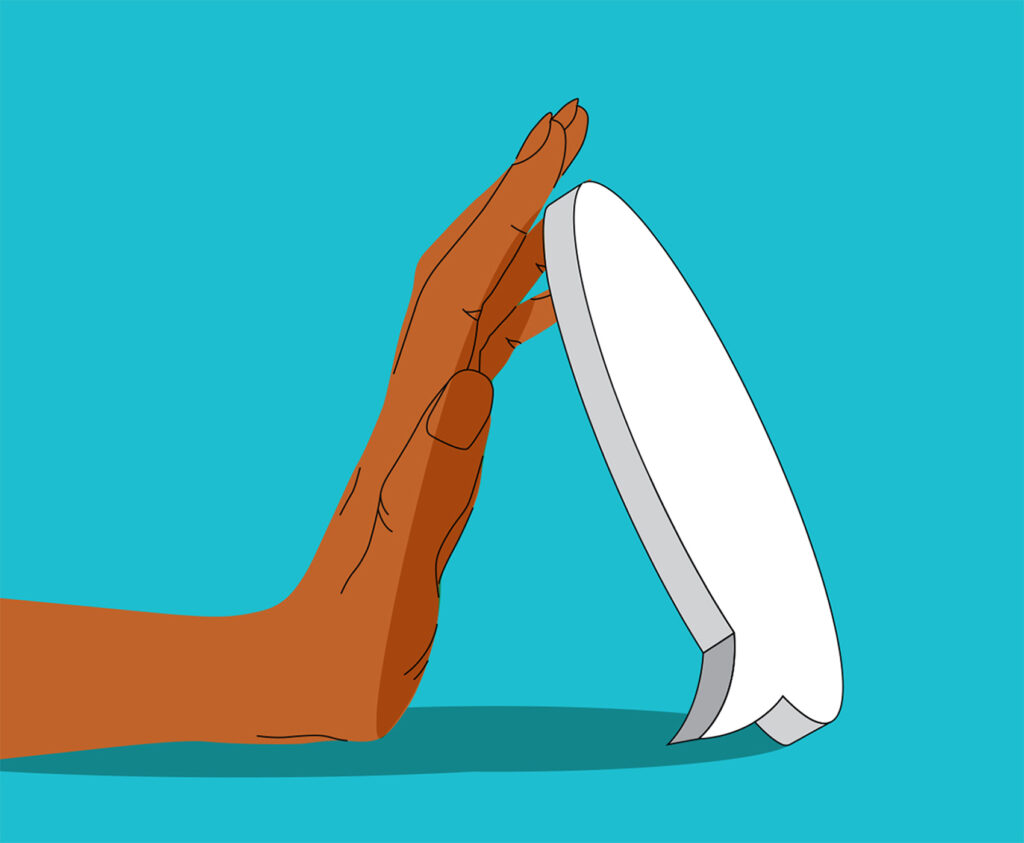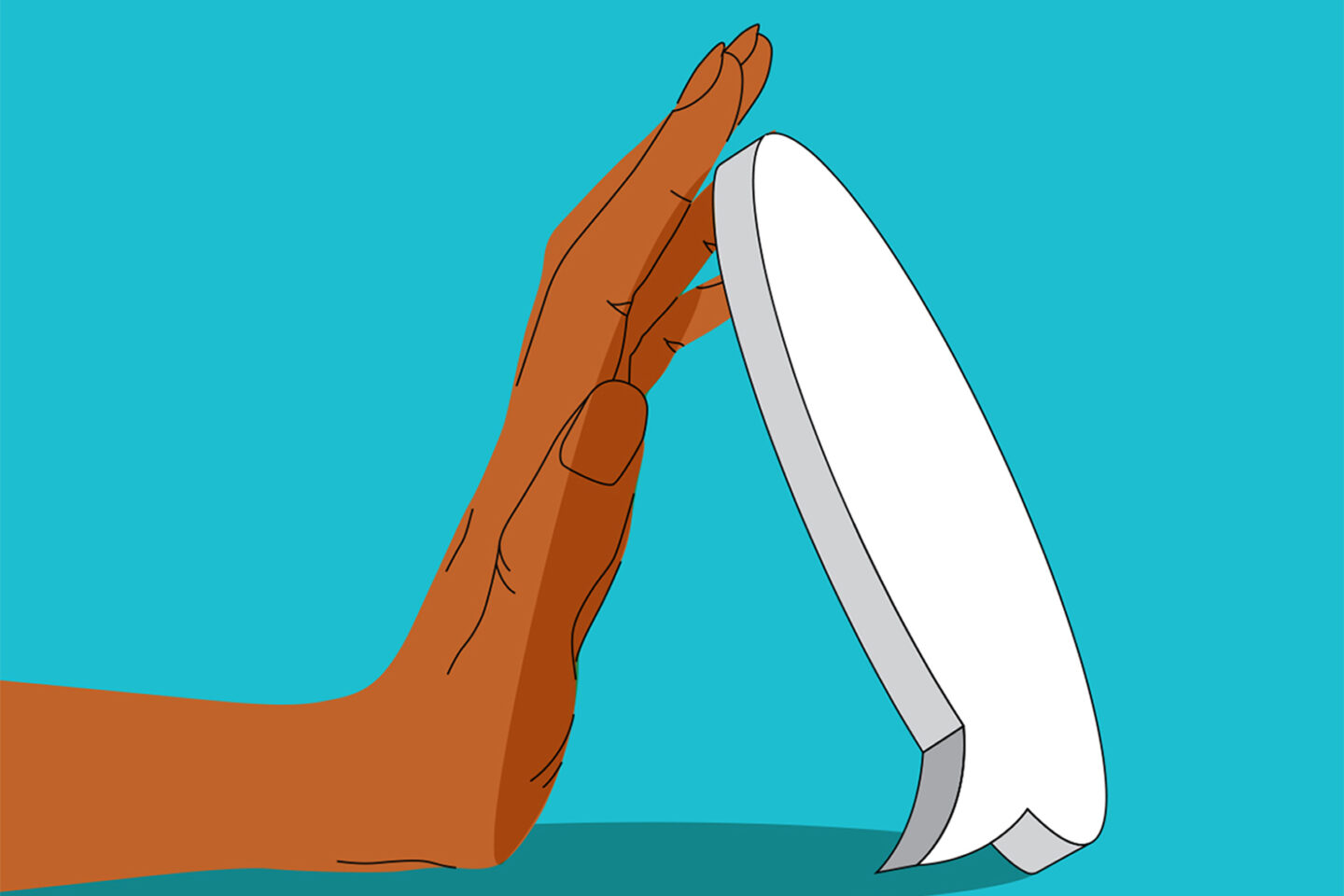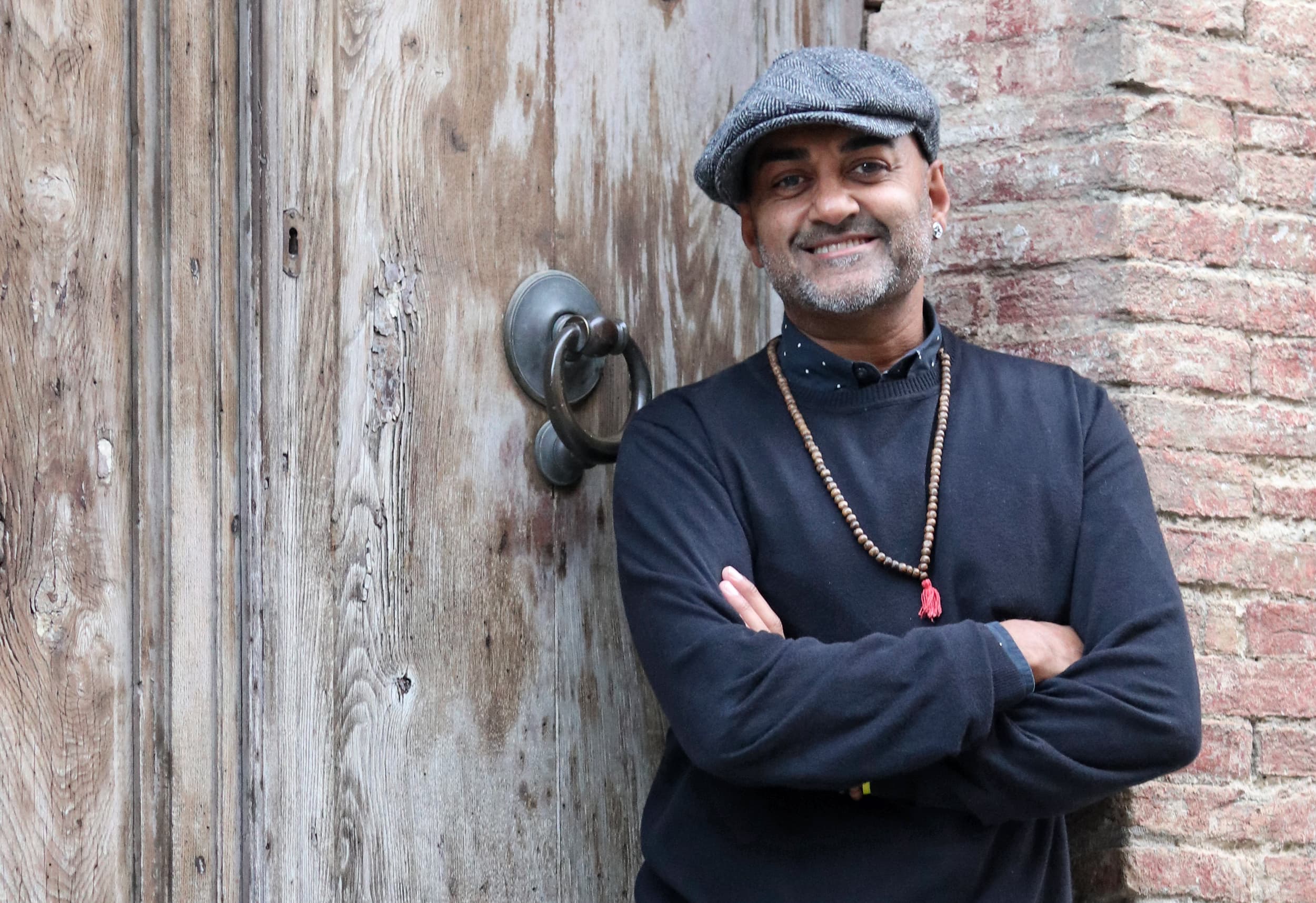The students had grown disillusioned. Corporations and other institutions, in the wake of George Floyd’s murder, were deploying their empty platitudes in the face of social unrest: the black boxes on Instagram, the recommitments to diversity, the promises to listen more closely. A revolution was unfolding in the streets and the professional response was comfortably lethargic, all these oaths to “have more conversations” sounding more like pledges to inertia than to material, actionable change.
Ryerson’s School of Journalism tried a different approach. Janice Neil, chair of the program, saw these criticisms of institutional passivity and, sensitive to their gravity, wrote an email to students asking how the program could be improved.
“I felt the most realistic answer was to have some sort of class, some real education on how racism works in the media,” says Breanna Xavier-Carter, who, at the time, was in her final year. “I thought we should learn how to identify and change the narratives in how Black people and our communities are being reported on in Canada.”
Xavier-Carter had long witnessed the mainstream media’s active perpetuation of racial biases and systemic racism, and named it a symptom of white reporters, who make up the better part of Canada’s media sphere, lacking a vital sense of compassion and an understanding of anti-Black racism. “It’s just not in their psyche,” she says. “They’re living in their whiteness and have certain biases that may eventually turn up in their reporting.”

“Ideally, Black students will leave this course feeling seen and validated.”
—Eternity Martis
Worried that her voice might not be enough, Xavier-Carter reached out to a few other students—Tiffany Mongu, Rosemary Akpan and Sara Jabakhanji—to ask how they felt about Neil’s email. The four began texting, then FaceTiming, then wrote a letter outlining their shared concerns with the program and some strategies for redress. Then, they published a petition.
“We demand that a Black-Canadian reporting course be implemented into the journalism curriculum at Ryerson,” the petition read. To illustrate the urgency of the situation, it cited a 2010 Ryerson study which found a wealth of racist, stereotypical narratives in national print media and a dearth of Black journalists in leadership roles.
When I first saw the petition, about an hour after it was published June 9, 2020, on change.org, it had already amassed 1,000 signatures; days later, it had rocketed past 3,000. It was viral on Twitter. Several big-name journalists and alumni of the program were sharing and signing it. Former students, from Ryerson and elsewhere, were leaving comments beneath the petition about their own experiences in school, with many describing the course as “long overdue.”
Mongu wasn’t surprised by the response. “There’s such a lack of care in how our stories are so often reported,” she explains, before launching into a catalogue of recent examples. When Kobe Bryant died in a plane crash last January, Breakfast Television mistakenly reported it using images of LeBron James.

A hand holding a pencil and breaking through paper. Illustration by Yazmin Butcher, Fashion ’14












